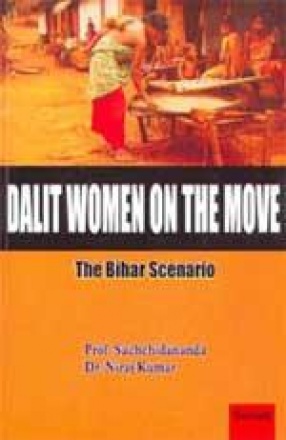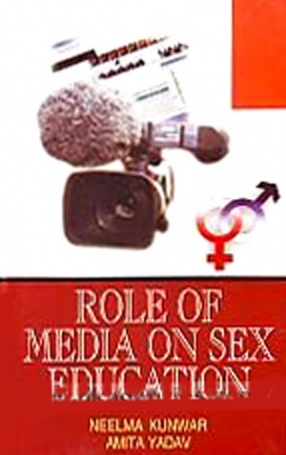The abolition of untouchability set in motion the most profound reordering of social relations in India. Both the state and the society in the country were keen to take effective steps for freeing one-seventh of the Indian population from its age – old shackles and to bring them in decades of independence all moves in this regard were subsumed under the term Social Welfare. Later they become part of the development process. In the nineties of the last century the discourse on development of Dalits was taken over by the term Empowerment. This study tries to explore the change process among the Dalit women in Bihar. Efforts have been made to identify some of the prime movers of change in the context of women in the state. Throughout this work, the concept of empowerment has been used as the prime goal. Towards the end, the constraints in this process have been identified and some suggestions have been made as the agenda for future action. It is still a long way to go both the state and society have to alter their strategies to accelerate the whole process.
Dalit Women on the Move: The Bihar Scenario
$22.50
$25.00
In stock
Free & Quick Delivery Worldwide
All orders amounting to US$ 50 or more qualify for Free Delivery Worldwide. For orders less than US$ 50, we offer Standard Delivery at $14 per book.
ABOUT THE AUTHOR Niraj Kumar
Dr. Niraj Kumar (b. 1952) holds a doctorate in Business Administration. Having a brilliant record with merit scholarships and gold medals, he has been honoured with the Vice Chancellor's Testimonial of being one of the finest students on the rolls of the Lucknow University. He was an U.G.C. Research Fellow and was on the teaching faculty of Banaras Hindu University in the area of Commerce and Management Studies. Besides varied experience in journalism, he is a regular contributor to research and professional journals on Management, with specialisation in Behavioural Science. Personal Management and Labour Relations. He is a management consultant to a number of national and international organisations. He has widely travelled abroad number of times as a management consultant and has presented number of papers in various technical sessions, besides conducting Management Development Programme. Several books are to his credit, out of which, Communication in Indian Industires, A Genesis of Behavioural Science, Peoples Paradise in the East has the credit of being the first book on the subject by an Indian author. His forthcoming publications are: Dictionary of Management, Marketing Communications: Theory and Practice and Managerial Interface. Presently, he is a senior faculty member of Department of Business Administration, University of Lucknow and Director of its B.B.A. Programme and Coordinator of M.B.A. Three-year Programme.
ABOUT THE AUTHOR Sachchidananda
Prof. Sachchidananda, D. Lit., is one of the seniormost Anthropologists in India. He received his education from Patna University, and School of Oriental and African Studies, University of London. He has taught at Patna University and New York University. He has held several important posts like Director, Bihar Tribal Welfare Research Institute, Ranchi; Director, A.N. Sinha Institute of Social Studies, Patna; and Vice-Chancellor, Ranchi University, Ranchi. Prof. Sachchidananda has contributed a large number of papers and book reviews to research journals in India and abroad, and published a number of books in Sociology and Anthropology. Important amontst which are : Culture Change in Tribal Bihar (1964), The Tribal Village in Bihar (1968), Social Dimension of Agricultural Development (1972), Tribal Voter in Bihar (1979), Elite and Development (1980), Industrialisation and Social Disorganisation (1985), Tradition and Development (1988), Shifting Cultivation in India (1989). A past President of the Anthropology Section of Indian Science Congress, Prof. Sachchindananda is the recipient of the R.P. Chandela Medal for distinguished work in Anthropology in 1982. He is associated with a number of social science research institutions in the country in an advisory capacity.
reviews
0 in total
Review by Anonymous
Be the first to review “Dalit Women on the Move: The Bihar Scenario” Cancel reply
You must be logged in to post a review.
Bibliographic information
Title
Dalit Women on the Move: The Bihar Scenario
Author
Edition
1st ed.
Publisher
ISBN
8186771948
Length
x+220p., Tables; Appendices; 23cm.
Subjects
more by Niraj Kumar see more
more by Sachchidananda see more
similar bookssee more
Role of Media on Sex Education
$27.00
$30.00










There are no reviews yet.